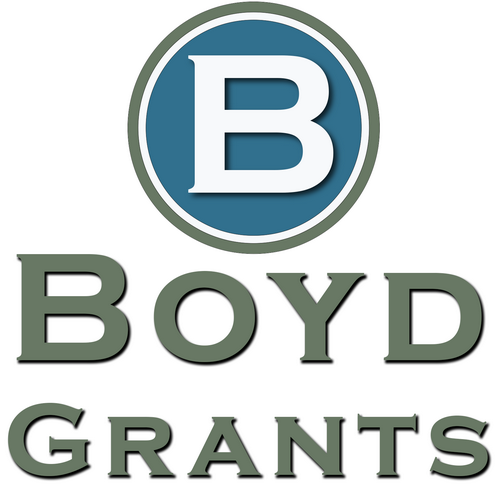Federal grants play a pivotal role in supporting organizations across various sectors to address societal needs, advance research, and drive innovation. However, securing federal funding requires careful planning, research, and strategic alignment with organizational goals. In this blog post, we’ll explore the strategies for success in navigating federal grant research and pre-planning.
Understanding Federal Grants
Federal grants are funding opportunities provided by the government to support programs and initiatives aimed at addressing critical challenges. These grants are offered by federal agencies such as NIH, NSF, USDA, HUD, among others. They serve as a significant source of funding, enabling organizations to scale programs, conduct research, and implement solutions on a national scale.
The Pre-Planning Phase
Pre-planning is an essential step in the grant-seeking process, ensuring alignment with organizational goals and grant priorities. This phase involves clarifying organizational priorities and funding needs, conducting thorough research on available federal grant opportunities, and building internal capacity and partnerships.
Researching Federal Grant Opportunities
Identifying relevant grant opportunities is crucial for success in securing federal funding. Organizations can explore federal agency websites, grant databases, and funding announcements to identify potential opportunities. Understanding different funding mechanisms, such as competitive grants, cooperative agreements, and contracts, is also essential to tailor proposals accordingly.
Assessing Organizational Readiness
Evaluating organizational capacity helps organizations determine their readiness to pursue federal grants effectively. This involves assessing internal capacity in terms of staff expertise, infrastructure, and financial resources. Aligning grant opportunities with organizational objectives ensures that proposals are strategically aligned with the organization’s mission and priorities.
Building Partnerships and Collaborations
Leveraging partnerships and collaborations strengthens grant proposals and enhances project implementation. Identifying potential collaborators, stakeholders, and community partners fosters collaboration and resource-sharing. Engaging partners in the pre-planning process ensures alignment of goals, resources, and responsibilities, facilitating collaborative proposal development.
Developing a Grant Research Plan
Establishing a research plan streamlines the grant research process and ensures that efforts are focused and effective. Defining clear objectives and timelines for research activities enables organizations to allocate resources efficiently. Utilizing research tools and resources such as online databases, grant directories, and funding guides enhances the research process.
Preparing for Grant Writing
Gathering relevant information and building proposal components are critical steps in preparing for grant writing. Collecting data, statistics, and evidence to support proposals strengthens the credibility of grant applications. Drafting narrative sections, developing budgets, and ensuring compliance with formatting guidelines are essential aspects of proposal preparation.
Effective research and pre-planning are essential for success in securing federal grant opportunities. By understanding the grant landscape, assessing organizational readiness, and strategically planning grant proposals, organizations can maximize their chances of securing funding and driving positive change in their communities.
If you want additional training on this topic, pop over to Boyd Grants Academy and see what is available!


Recent Comments